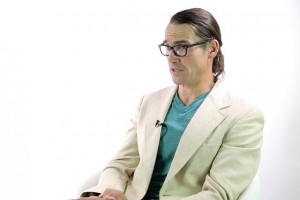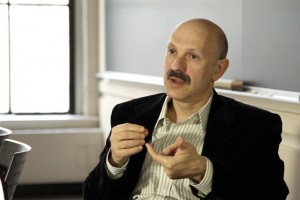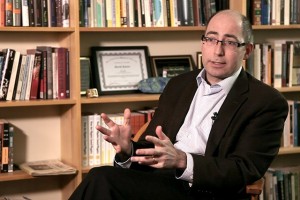Copyright as Intellectual Property Privilege
Chapman University School of Law Prof. Tom Winston Bell on the Copyright Act of 1790, the Constitutional amend...
How have copyright laws changed throughout the history of the US? Does the distinction between an idea and its interpretation iron out all problems with copyright? Chapman University School of Law Prof. Tom Winston Bell talks on tensions between copyright and the Constitution.
One reform that I’d like to see implemented for copyright is to go back to the 1790 Copyright Act in the United States. In the United States after they founded the United States government, they very quickly implemented the copyright law. This was in 1790, just one year after they ratified the Constitution. So that tells us what the founders of the United States thought about copyright, because they wrote the first law on it. If you look at their law, you’ll see that it’s very different from the law we have today; it’s much leaner, it’s more elegant. So one reform I’d like to see implemented is to go back to those ideas.
Suppose that you want to write a story that comments on “Gone with the wind” by telling it from a slave’s point of view. The original story has a very romantic view of what it’s like to live in the Old South, and kind of ignores the fact that many of the people there were slaves, a very ugly fact. So the original story didn’t talk about that and later someone wanted to write a story told from a slave’s point of view, the same story, but from a different point of view. And, you know, at first the copyright owner was able to stop them. This was a tragic thing, because this new story had something to add.
I think copyrights are a really interesting topic for a number of reasons. One reason is that we’ve seen it change over time so much from the 1790 the Copyright Act, which only lasted for 28 years, to todays Copyright Act. So that’s an interesting question. Why have things changed? Another reason it’s interesting is it tells us a lot about the nature of property.I think it’s very important that we not overuse the word “property.” What I see happening with copyright is people are starting to use property in places where I don’t think it fits very well. That dilutes the power of the idea of property.

Chapman University School of Law Prof. Tom Winston Bell on the Copyright Act of 1790, the Constitutional amend...

MIT Lecturer Vyacheslav Gerovitch on Sergei Korolev’s design bureau, the leadership of the Soviet cosmonauts, ...

Physicist David Kaiser on the US education funding course, the impact of politics on physics, and connections ...